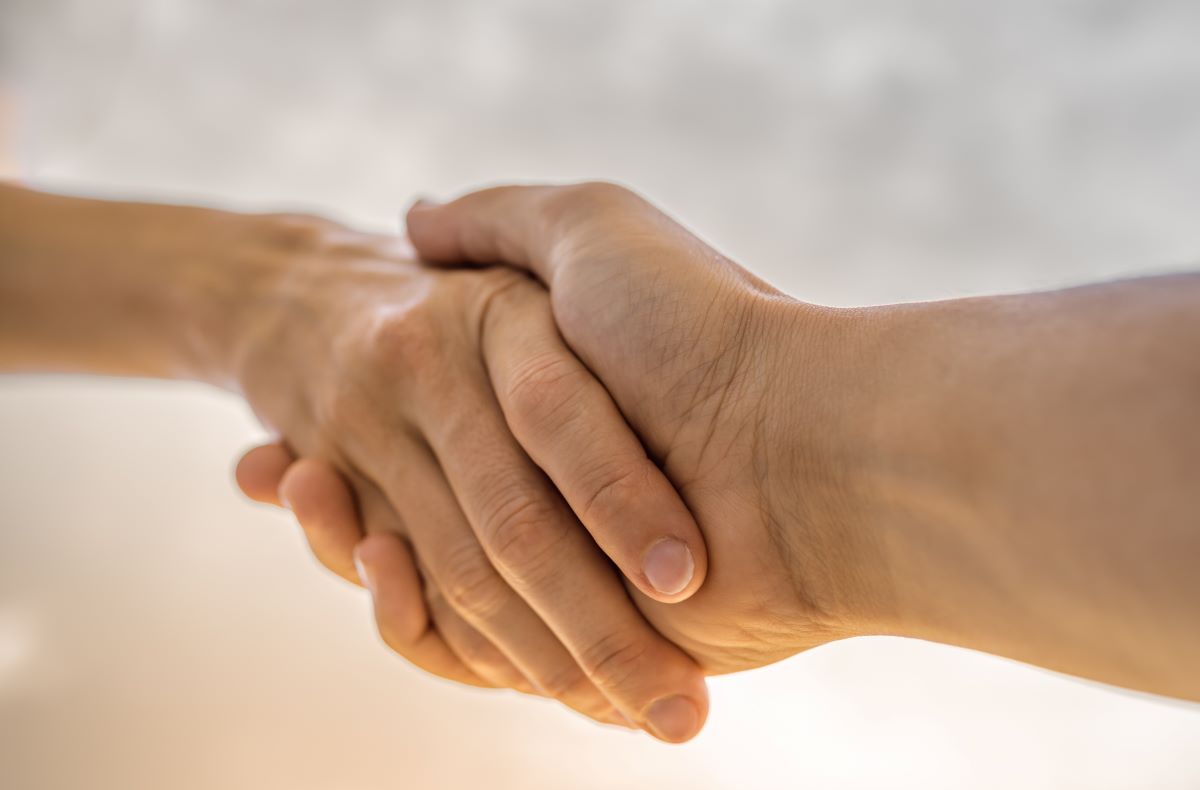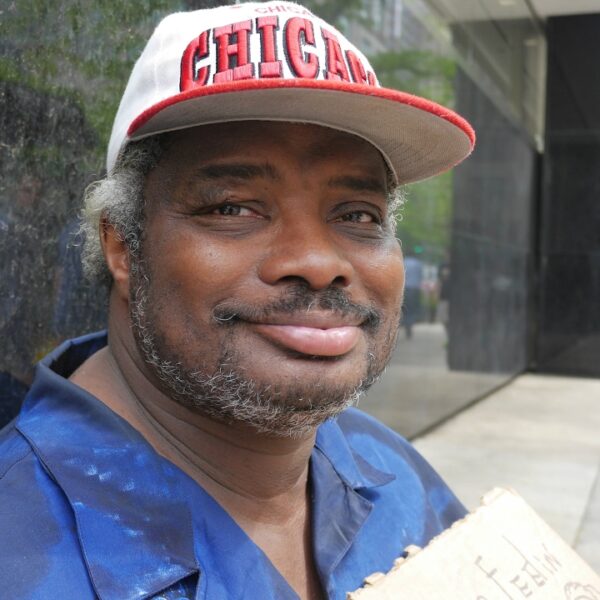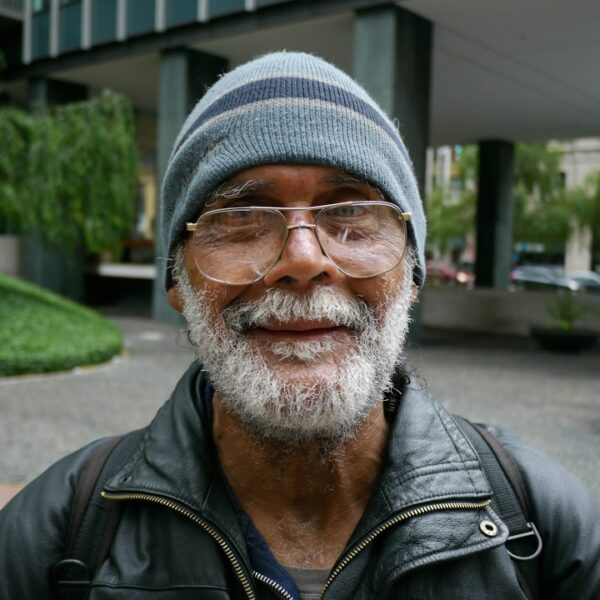It has been an exciting few days outside my apartment, and by exciting, I mean abysmal. There have clearly been some sweeps and shakedowns a few blocks down, which then flooded my street with a few more unhoused people. This is not a problem.
The problem was one poor soul that desperately needed help and acted out throwing stuff, yelling all night, hassling other unhoused people outside, and generally making life difficult, very noisy, and messy.
Sweeps do not help anybody. They don’t get people inside. They don’t connect people to services they so desperately need. All sweeps do is spread the problem around and make people quite rightly angry and adversarial, then everybody suffers.
Why don’t politicians realize that helping homeless folk helps the rest of the city?
Judgment and stealing people’s survival gear make matters worse. Offering assistance is how to get people on side with services.
I’ll be frank, the absolute last thing I would agree to do is go into a shelter. Never would I have come here if I thought I would have had to go into a shelter. I only came because I mistakenly thought there was a possibility of some kind of room for the kid and me. There wasn’t.
I either misunderstood, or something else had gone wrong. It doesn’t matter. I ended up in the shelter. It proved to be the link that got me into housing and gave me a chance to have a better life. However, that doesn’t mean the shelter was wholly good or that it was easy.
Ending up in that shelter was the right thing to do for the kid and me, even if I was upset and beside myself with fear. You see, shelter means interference. Shelter means that other people get to tell you how to live your life. They have a say in what you do, how you do it, and when. Shelter means being treated like a child, not a fully grown adult.
Shelters treat people as if they are either on parole or unworthy because they are reliant on the service for their housing and food. Service providers infantilize people in need, acting as though they can dictate everything about a person’s life to them – from how they parent their child to what and where they eat, how they get it, and what time they get up.
The shelter I was in wanted to know where I was going whenever I left.
I can understand wanting to know who was in and out for fire reasons but wanting to know where you were? Adult humans do not have to tell other adults where they are going unless they are on strict parole. No one in the shelter was subject to that. Still, we were required to sign in and sign out and say where we were going.
When I asked why I was told, “just in case you disappear and we have to look for you.”
Infantilizing adults is the name of the game. I have not had to tell anyone where I am going since I was 13 years old. My mother used the same excuse up to that point. I didn’t need a parent running my life at this point. No one had any business knowing what I was doing with my time and where I was going.
Shelter workers told us if we didn’t like the rules, then there was a tent outside in the alley for us, if we would prefer that. That is not something service providers should say to unhoused families with children.
The rules included being present and correct for room inspections and ‘wellness checks’ three times daily. That meant a knock on the door and a person nosing around your room and judging your housekeeping skills. I was always tidy and always there, but it was severe overkill.
The people running the place knew me, and many of the other residents who were there long-term were not ruining anything, not going to be high and passed out or worse. Yet we were inspected thoroughly three times a day, every single day.
Think about it. How would that make you feel? A passive-aggressive person shows up, stares at your stuff, and demands to talk to you whether you feel like it or not.
We were not allowed to lock our doors, despite the presence of aggressive and sketchy characters. Some didn’t even reside at the shelter. We used to surreptitiously lock ours after the last check, finally breathing a sigh of relief until early the next morning.
It’s not as if these extreme rules that treated homeless families as if they were prisoners did much to keep the place pleasant and safe. There was domestic violence that abounded, and staff tolerated it. I had to listen to women beg their violent partners not to hurt them. After being abused for years and suffering from PTSD, this was akin to torture for me.
I told the staff about it, but they said there was nothing they could do. I had to tolerate drug-fueled sex parties in the room next door, forced to listen to two men fuck some poor young woman loudly, smashing against the wall, yelling and screaming, and playing music so loud all night that sleep was impossible.
It was nothing a young teen boy should be forced to listen to, especially not with their mom present. I was embarrassed and felt attacked. I called down to the night shift and asked them for help. In an infamous phone call that my son and I still laugh darkly about, they said: “He is going to be playing some music. That is what he is going to do.”
He is, is he?
We were terrorized for nights on end by this performance. We got no sleep, and we were both traumatized. He was playing music so loudly everything shook. Then he called me up at 3 am and wanted to talk to me as he fucked that poor woman, asking me inane questions. Enough was enough, but still, I had to stay there.
My son and I spent a lot of time walking around the city rather than staying in our shelter room. We were exhausted during the ten months we were there.
Their petty rules failed to make the place pleasant to live in and safe for everyone. They punished and harassed the well-behaved families while the real problem people were allowed to continue destructive behaviors that made life horrible for everyone.
I was spoken to like shit and treated passively-aggressively, given very little respect by some. Other staff members treated me as a friend, and for that, I was absolutely grateful. I still miss them to this day.
Many other families were wonderful people, kind and sweet and friendly.
No one deserved to be treated like criminals and have their lives dictated to them. Of course, no one wanted to argue and risk being thrown out. People with children and babies were regularly tossed for minor infractions of the rules. I had nowhere to go.
Even now, I feel very uncomfortable and afraid to express my opinions on how shelter staff ran things there. It’s as if they could still hurt me or make me lose my shelter, call ICE on me, or do whatever people could do to destroy my life. I am sick and tired of being afraid.
There were some very inappropriate behaviors among some staff members, but this was not the rule. Most of the lower-level staff members were good and kind people who wanted to do some good in the world. They just had to follow the rules and had little power to improve things.
The SIP hotels are a great help. Residents get a little privacy, their own bathroom, and there is some help occasionally. One of the social workers there was a little gruff but was a fabulous man who actually cared. Others did absolutely nothing to help at all.
What needs to happen is a culture change. Shelter providers must treat people like humans, not problems. Unhoused people within shelter systems are treated as if they are criminals. It’s as if their lack of money and housing automatically makes them need supervision.
This is not a one size fits all kind of situation.
There are unhoused people with higher needs than others in terms of the support they require. Once assessed, those who have fallen on hard times should not be made to feel as if their status means they don’t deserve dignity and privacy.
Not everyone is an addict or a drunk, or suffering from mental health issues. There are a lot of women, just like me, who have suffered extreme domestic violence, which has led to economic destruction. Adding insult to injury does not let anyone heal.
If providers treated people with respect, dignity, and kindness, clients would be more willing to work with them to rebuild their lives. Instead, what happens is a culture of distrust and resentment. It pits providers against clients, and then nobody benefits, especially not those who need it most.
People who need extra help, whether rehab services, access to maintenance programs, or mental health support, will not respond well to judgment. Being treated as somehow less when you are already down will not help. People need to be lifted up to get back to a life that is beneficial to them and society as a whole. Kindness, acceptance, humanity, and support are key – not punishment, coercion, and threats.













